CRM : The Key to Unlocking Personalized Service and Business Growth
In the wake of rapid technological changes, a new challenge for businesses is: how to actually connect with the customers on an individual level. Those days of general approach are over. Customers now expect much more: timely response, solution according to the individual’s requirements, and much more. How do companies manage these rising expectations?
The answer can be found in a powerful business tool that is revolutionizing customer relationship management through Customer Relationship Management (CRM) systems. Businesses can gain valuable insights into customer needs, their wants, and their pain areas with the assistance of CRM technology. But, what is this CRM system exactly, and what can it bring to your organization? Let’s find out more.
CRM (Customer Relationship Management)
Customer Relationship Management (CRM) is the approaches, activities, and technologies undertaken to manage and analyze customer interactions and data in value-creating business relationships. A CRM system is, of course, a central place in which all information about customers is kept, and by doing so, businesses can have closer connections with their customers because of better communication and tailored service.
Key Features of CRM
CRM systems are installed with a number of capabilities that help businesses succeed:
Unified Customer Registry: A CRM keeps all data related to a customer: contact information, history of purchases, preferences, and past interactions are kept within one accessible place.
Sales Automation: It will assist in automating lots of sales stages from the generation of leads towards deal closure.
Marketing Tools: CRMs provide email campaign and social integration tools. Moreover, CRMs allow users to track customer behavior, allowing firms to execute targeted marketing campaigns.
Customer Support Management: Customer support management with a CRMs is derived essentially by tracking service requests and managing customer support cases.
Analytics and Reporting: This allows CRM systems to not only perform analytics but also report on customer trends and business performance, thus enabling data-driven business decisions.
Types of CRM
There are three general types of CRM systems, each catering to different business needs:
Operational CRM: It is basically concerned with automation and enhancing the customer-facing activities like sales, marketing, and customer service. It’s for improving business process efficiency.
Analytical CRM: Its prime focus lies in analyzing the data of the customer to know about the trends and patterns to provide insights in improving the decisions made.
Collaborative CRM: It makes easy communication between various departments that is sales, marketing, support for a common, consistent experience.
Advantages of CRM
CRM systems avail several benefits to businesses of all sizes:
Better Customer Relationships: Consolidate all customer data in one place for more effective and personalized interactions and with that enhance customer loyalty.
Increased Sales: CRM systems allow businesses to automate sales and leads, thereby allowing them to close deals faster, which eventually enhances revenue.
Better Decision-Making: Businesses may make more intelligent choices that spur expansion if they have access to real-time data and analytics.
Efficient Communication: CRM systems facilitate effective communication among departments, and the customer is better treated due to smooth communication.
Time and Cost Efficiency: The routine processes of the CRM are automated, thereby providing time for the employees to do strategic work and saving time and cost in the long run.
What Does a CRM System Do?
The backbone of a company’s customer relationship strategy is CRM, which delivers an integrated view of each customer’s journey – where all their interactions, purchases, preferences, and other data points are monitored. With that knowledge, the following can be achieved: Make personalized communications; that way, customers will feel worthwhile. Predict needs and promotions, offer timely solutions. It should improve customer support by tracing service history and preference.Produce reports and analytics in detail for the purpose of business decision-making.
It is the process through which the CRM system has integrated simplifying processes for managing customer relationships. This ultimately allows businesses to easily achieve and surpass customer expectations. In a nutshell, this is a powerful tool that increases customer satisfaction, leads to increased sales, and influences business growth.
Integrating CRM into your business strategy can unleash significant potential for connecting with your customers, as well as fostering loyalty, ultimately elevating your company to new heights.
Enquiry
Recent Updates
- 12 February 2025
- 12 February 2025
- 12 February 2025
- 12 February 2025
- 12 February 2025
- 12 February 2025







